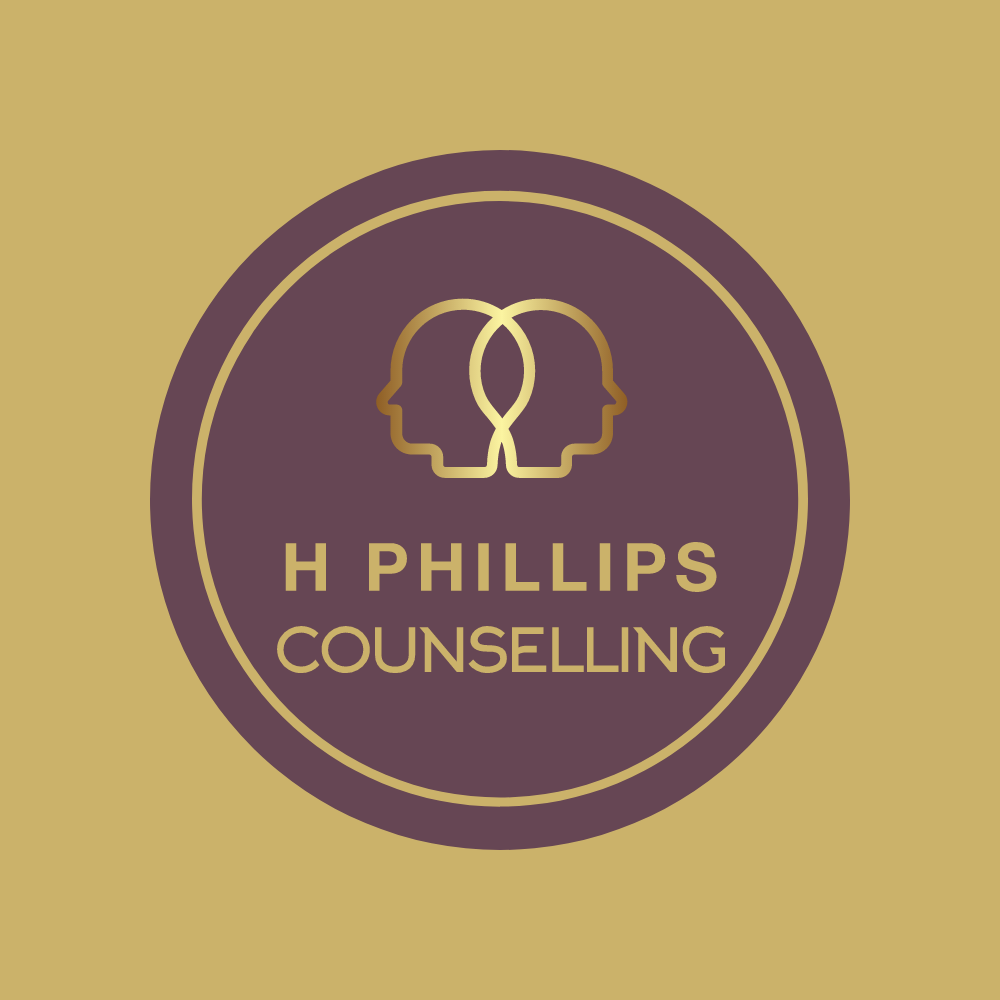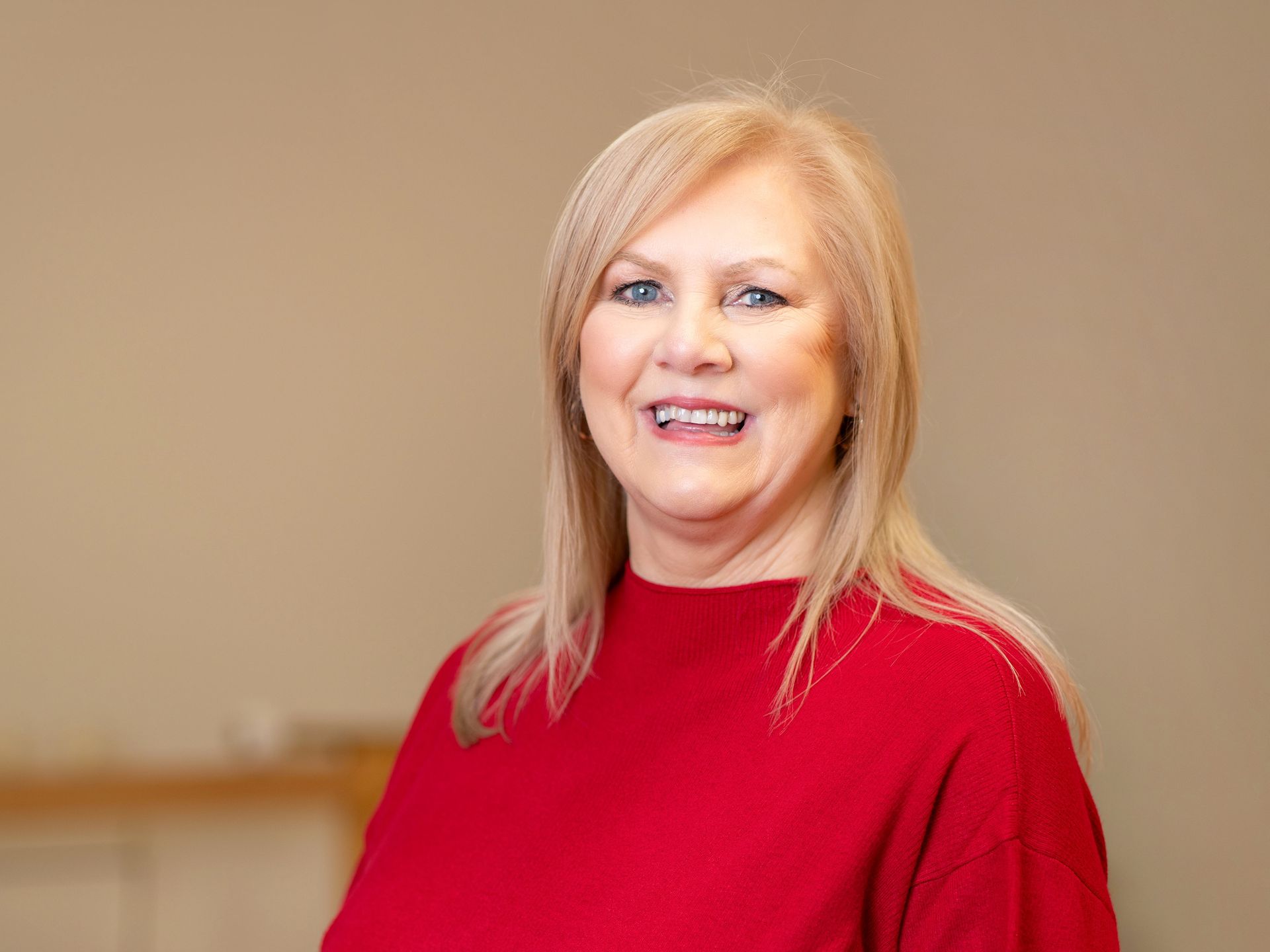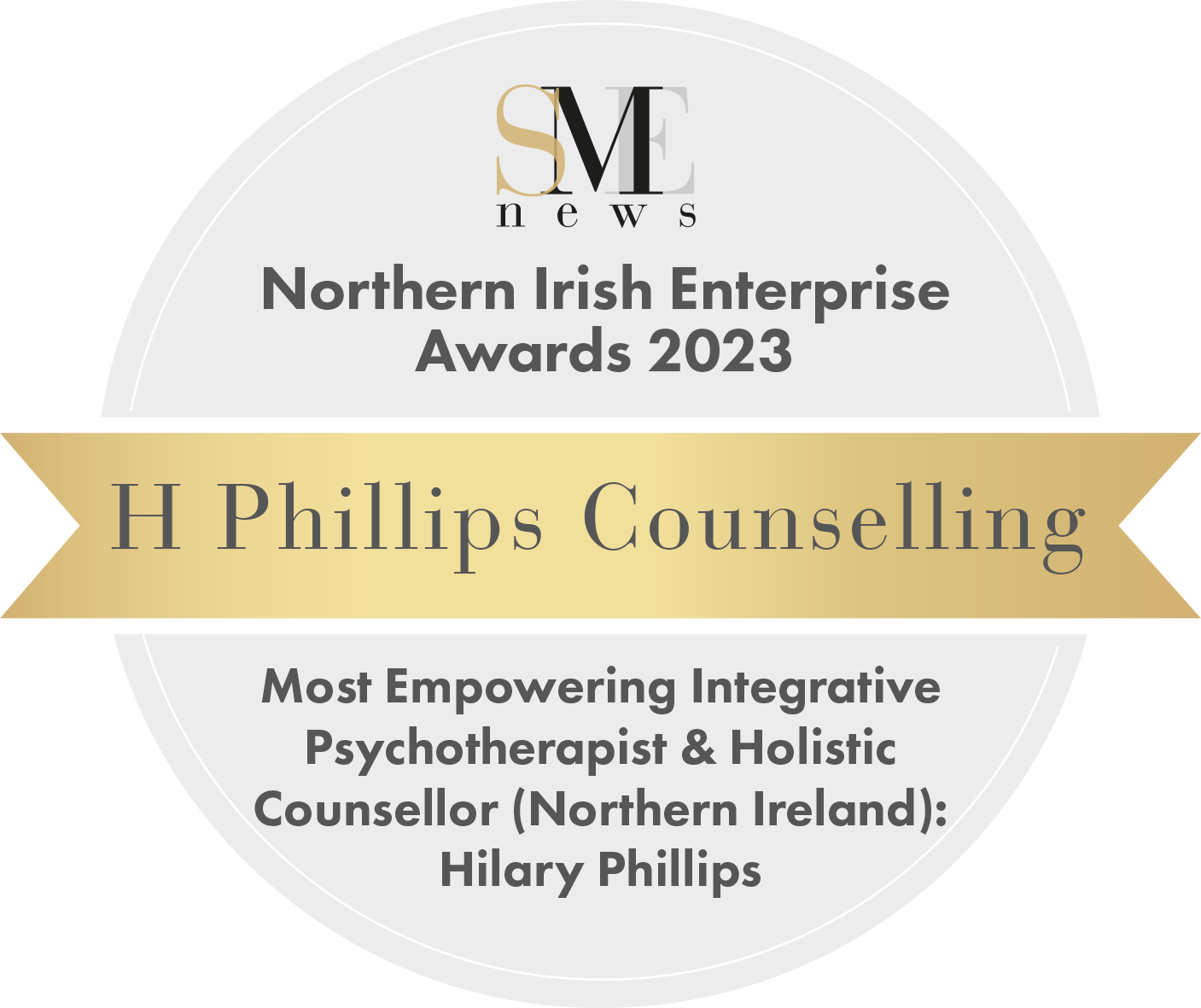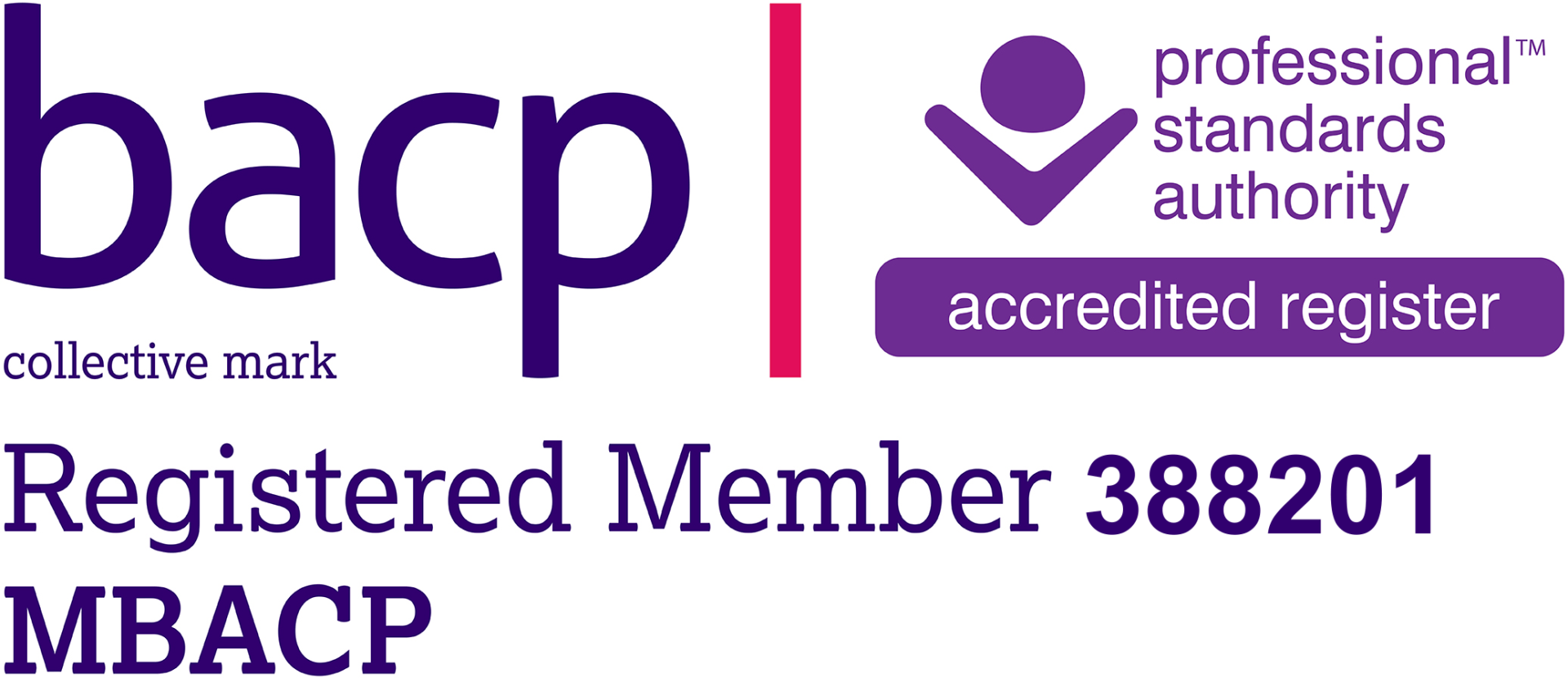Young People
Teenage years, is a crucial period for all young people. It will determine how a person will view and interact with the world as an adult.
Don’t assume that because a teen seems to be “doing okay” that all is well; their emotional intelligence is still far from developed. It may be that they have no idea how to make sense of the trauma or anxiety they may be experiencing.
With emotional and physical changes taking place, their mental health and wellbeing is going through developmental stages. Counselling can help make sense of all of this.
Not knowing how to deal with these thoughts and feelings may lead to behavioural issues, eating disorders or withdraw altogether. Social media has added a new dimension of stress to today's youth.
Struggling with gender issues, parent-teen relationships, bullying, school, exams or indeed the pressure social media creates, can be overwhelming.
Having someone to talk to can alleviate some of these stresses and confusing thoughts.,and work towards improving a more positive sense of self.
If your teen struggles with friendships, or views themselves in a negative light, counselling can help with identifying these issues
Some signs to look out for:-
Are they acting out more than usual?
Has your family dynamic changed?
Are they on an emotional rollercoaster?
Do they have low mood, or low self-esteem?
Friendship issues?
Substance abuse?
Gender/Identity issues?
Eating disorders?
Suicide is the fourth leading cause of death among 15-29 year-olds.
Globally, one in seven 10-19-year-olds experiences a mental disorder, accounting for 13% of the global burden of disease in this age group.
Counselling is here for you. If you need therapy for your teen, I can help to guide them through their concerns.
Bringing a child to therapy does not mean you have failed as a parent, in fact quite the opposite.
Giving our teens the support and space they need, shows that not only do you care, but their feeling are valid and important to you.
"Everyone you admire, was once a beginner"
Jack Butcher
Woman - She/Her
Make Time for you
There is no doubt that women of today face many challenges. Unrealistic images on marketing products, pressures of family life, work, childcare, the list is endless.
Often, they can become overwhelmed, stressed, tired, anxious and depressed yet seem to continue to add responsibilities and expectations to their workload.
A better more fulfilled work-life balance would be beneficial but finding the time to do this is surprisingly difficult.
Sometimes all it takes is for someone to listen, to sit and be heard, to make time for you. I focus on guiding my clients to find new strengths, and ideas, so that you can work towards achieving your goals in life.
Counselling will give you the tools to do this. It will empower you to look at things differently, gaining understanding and awareness. making subtle changes, and prioritising your workload, you can regain control from the things that are preventing you from moving forward. All of these changes come from within you.
The goal of counselling is to help you understand what you can do when you meet an emotional blockage, or arrive at a crossroads not knowing which way to turn.
Even the strongest among us can feel lost, unsure, confused and unhappy at times. I can help you understand and manage all that life throws at you, in a more positive way.
Woman's issues can refer to anything that might affect your physical, emotional or mental health. I can assist and support you on your journey to recovery by working together to address them.
Major life transitions such as pregnancy, motherhood, and menopause can create physical and emotional stresses for women. Negative life experiences like infertility and perinatal loss, poverty, discrimination, violence, unemployment, and isolation, also impact women's mental health and well-being. Aging
sometimes brings its own emotional and psychological challenges.
Problems with postpartum depression, premenstrual dysphoric disorder, and a range of concerns related to sex and their sexuality.
If not addressed properly, these challenges can turn into burdens that often lead to anxiety, depression and a lost sense of self.
Seeking therapy can be an empowering first step on the road back to YOU. At times, it may feel challenging, uncertain and scary, you will have someone right there with you listening and encouraging you.
"Some days she has no idea how she'll do it. But every single day it still gets done"
Anon.
Men - He/ Him
Real men don't cry
Men have feelings too!
These stereotypes in society have been circling for many years. "Toughen up" "Men don't cry" When in fact men do cry and that's ok.
Emotional, physical and mental health affects everyone. As a result of the stigma around men 'opening up' and talking about their emotions and feelings, men have been reluctant to seek counselling because of this. This needs to change!
That internalised masculinity can stay with them for many years, causing them to hear an inner voice that criticises them constantly — Often they don't ask for help from others for fear of seeming unmanly.
It is not a weakness to show your feelings, or your vulnerability. By expressing those hidden emotions you may discover the man behind the mask.
Stop setting unrealistic, unachievable goals. When we focus on our strengths, it allows us to build upon them and create even more success for ourselves. Set boundaries, stop pushing yourself because you feel you have to in order to achieve. This only leads to fatigue and burn out and unmet expectations.
It is important for men to be given acceptance from society to seek therapy. Most men have never really opened up and spoke from the heart. Perhaps, never cried or even admitted to their emotional concerns. They suppress and internalise emotions without even realising it.
The stress of supporting a family, keeping up appearances, having a good career, peer pressure, can lead to unhealthy coping mechanisms. Men also struggle with anxiety, depression, self-esteem and not feeling worthy.
Domestic violence towards men does exist - along with the feelings of guilt or shame either by being the victim or the abuser.
Men are more likely to die from suicide than women. Their emotional concerns lead them to avoid therapy and not seek help, as a result their feelings become repressed.
Samaritans state that 15.8 men in every 100,000 will die by suicide. Males 50-54 are in the higher risk category.
One in four men has had counselling. And one in three men agree it’s better to seek therapy before it "gets out of hand". Therapy is a confidential safe place to explore these issues and learn ways to express them in a healthy and productive way.
"Every man has his secret sorrows which the world knows not: and often times we call a man cold when he is only sad"
Henry Wadsworth Longfellow.
LGBTQIA+
I am me...
Gender has become a hot topic in the media in recent years. Even though it has been around since time began.
Only now are the various types of gender being acknowledged, but not by everyone.
The LGBTQIA+ community still experience a lot of stigma and discrimination. The lack of knowledge and understanding prevails, outside the community.
There are many different gender identities, including male, female, transgender, gender neutral, non-binary, agender, pangender, genderqueer, all, none or a combination of these.
This list is not exhaustive.
(see link below))
Whatever your gender or sexuality, this is only part of who you are, it is not what defines you. This is the label that society places on you.
You are so much more.
It is so important to recognize and respect people as individuals.
Asking someone for their pro-nouns is letting them know that you see them, you hear them and you accept their identity.
Gender acceptance is crucial in living a life without the fear of being judged.
If for example you make a mistake and misgender someone, or use the wrong words, I have done it myself on occasion. Hold your hands up, apologize and move on.
It happens.
Mental health problems such as depression, self-harm, alcohol and drug abuse, Suicidal thoughts can affect anyone, but they’re more prevalent among people who are LGBTQIA+.
What people experience can affect their mental health, such as discrimination, homophobia or transphobia, social isolation, rejection, and difficult experiences of coming out. or embracing your true identity.
Half of LGBTQIA+ people had experienced depression, and three in five had experienced anxiety
One in eight LGBTQIA+ people aged 18 to 24 had attempted to end their life
Almost half of trans people had thought about taking their life
Hate crimes are rising and people are being targeted because of gender or sexuality.
In a world filled with pressure to conform and fit into predefined moulds, it’s easy to lose sight of our true identity.
“To thine own self be true.”
I AM ME, I’M WHO I’M MEANT TO BE. I AM MY PAST, MY PRESENT AND WHO I WANT TO BE. I’M NOT ANYONE, I AM ALL THREE. I AM A WORK IN PROGRESS, A DESTINY. I AM WHO I CHOOSE TO BE, I AM ME.
Brigitte Noble.
Glossary of terminology.
https://www.stonewall.org.uk/list-lgbtq-terms
Website design by HilzPhilz 2021









